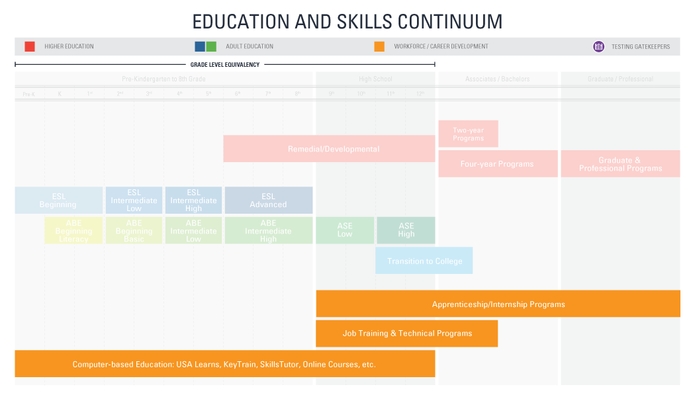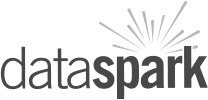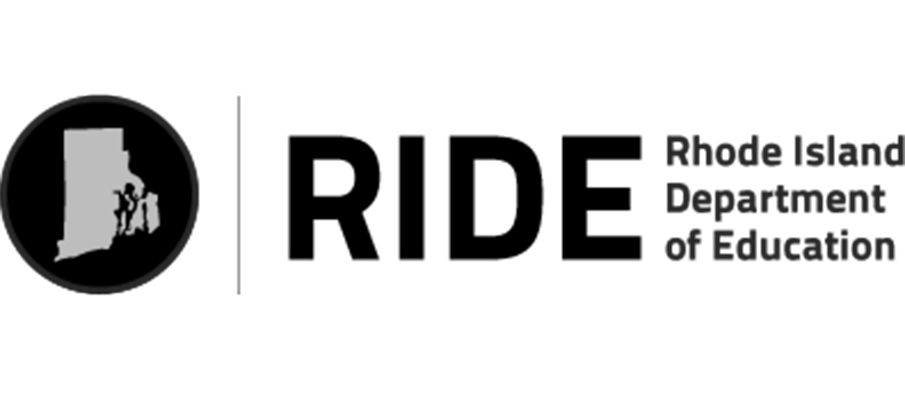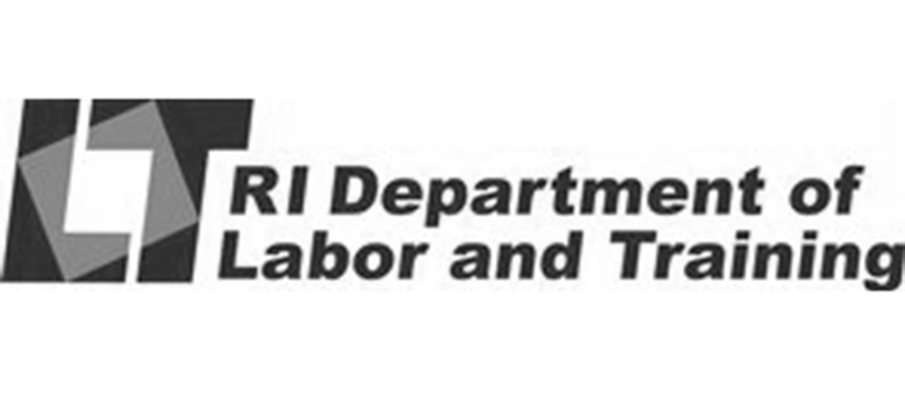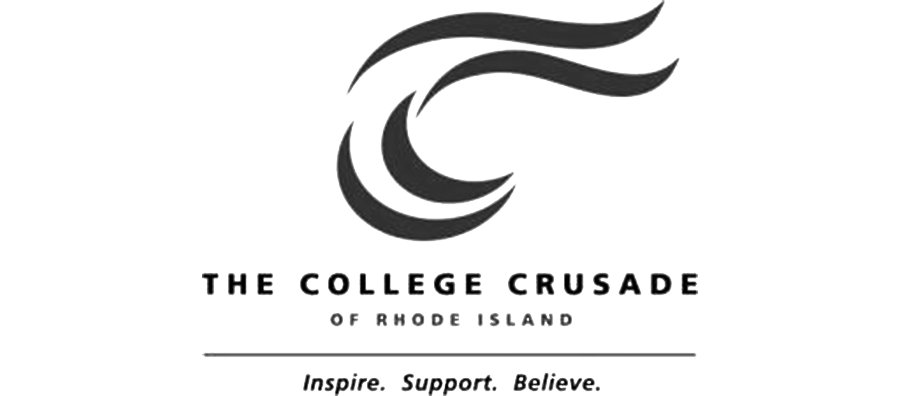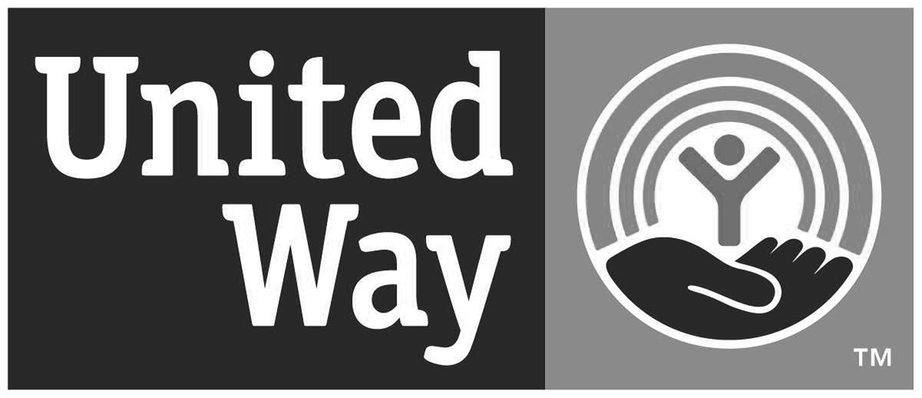Challenge 2 (Cont.): Improving the career-and-technical, job-skills pipeline
Click on the chart for a high-resolution view.

Workforce development programs typically require 9th-grade skills at a minimum. As an adult, mastering middle-school skills can take years.
Workforce development programs include: job training; career and technical certificates; apprenticeships; and internship opportunities. Apprenticeship programs include those offered by the trade unions. These programs are often a publicly-subsidized investment in the participants, so they naturally look for those adult students most likely to persist, succeed, and land a job as soon as possible.
Online courses are a relatively recent addition to educational offerings. In "blended learning" classrooms teachers support computer-based learning, a technique that simultaneously helps adult learners acquire computer skills. While online courses without teacher support are effective primarily with self-directed learners, they do provide learners at every level more options to acquire necessary and/or desired skills.
